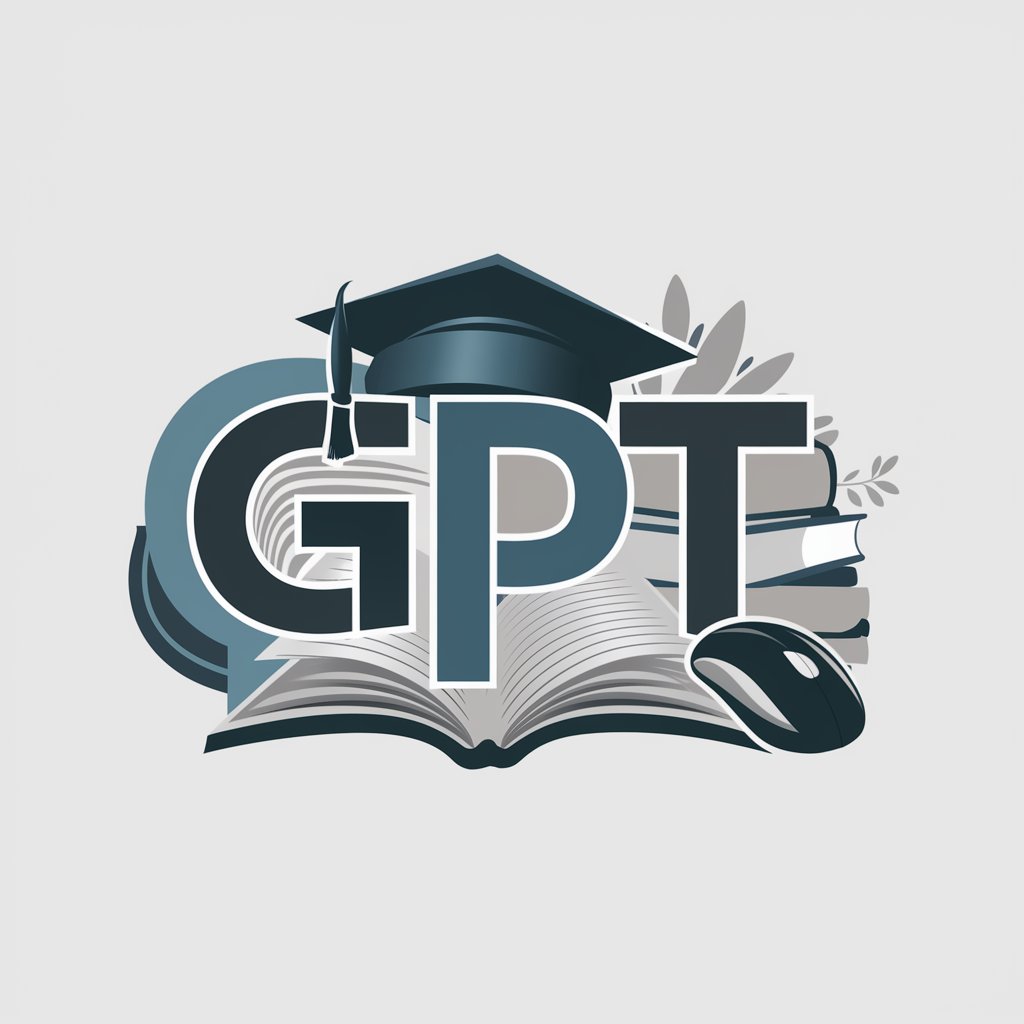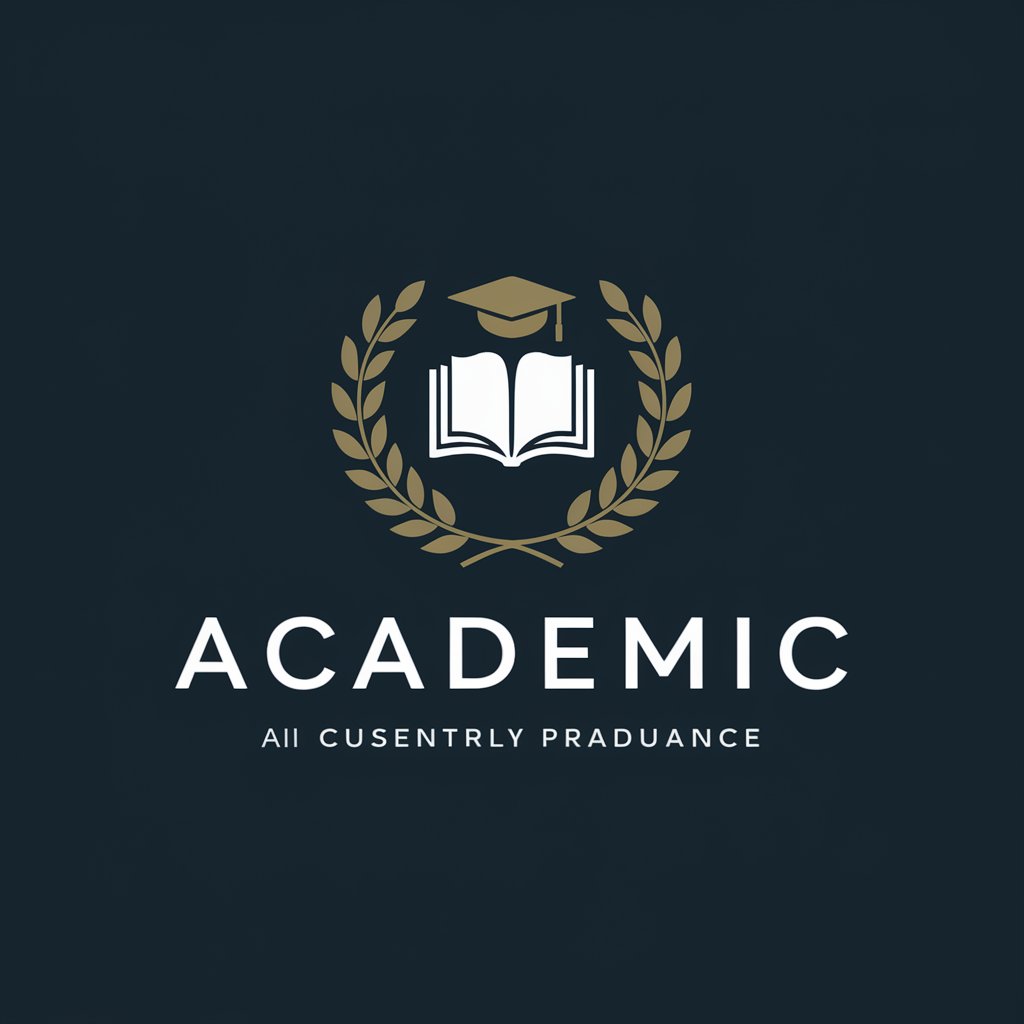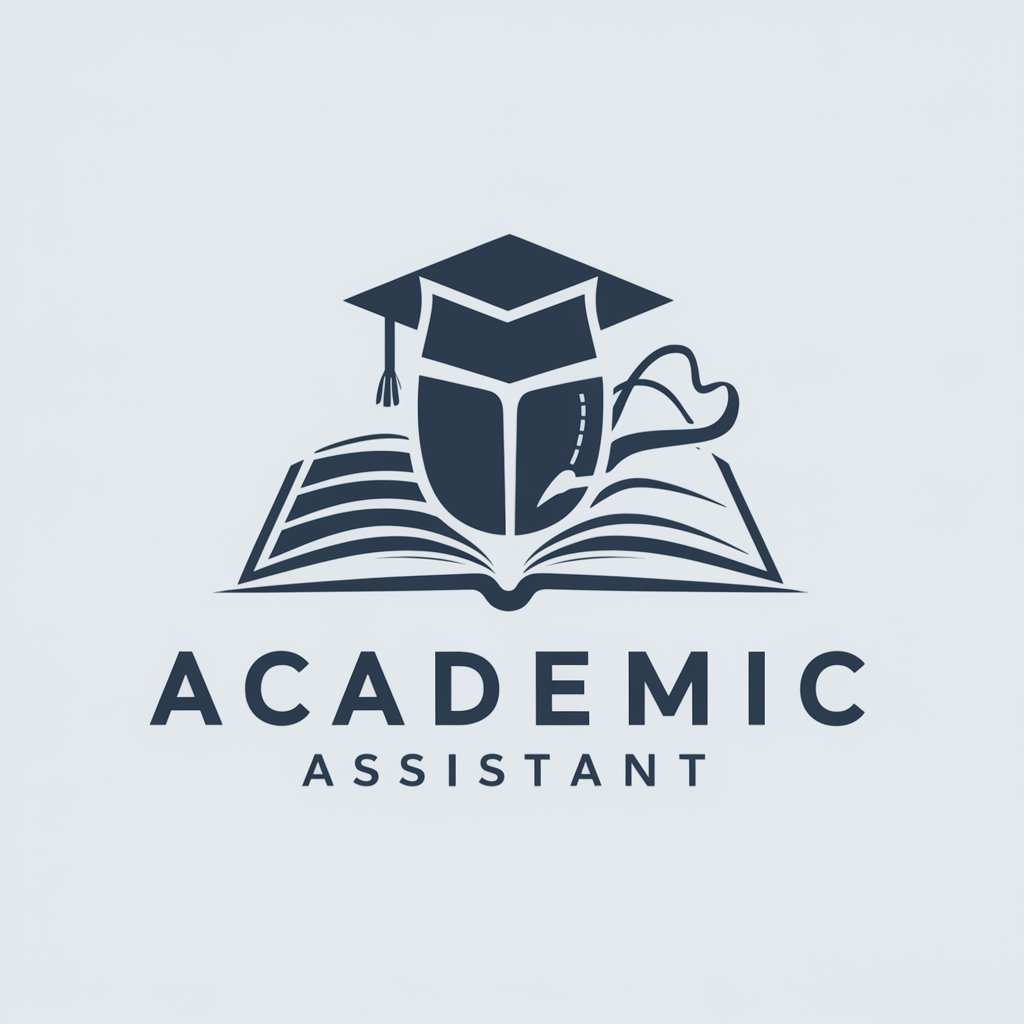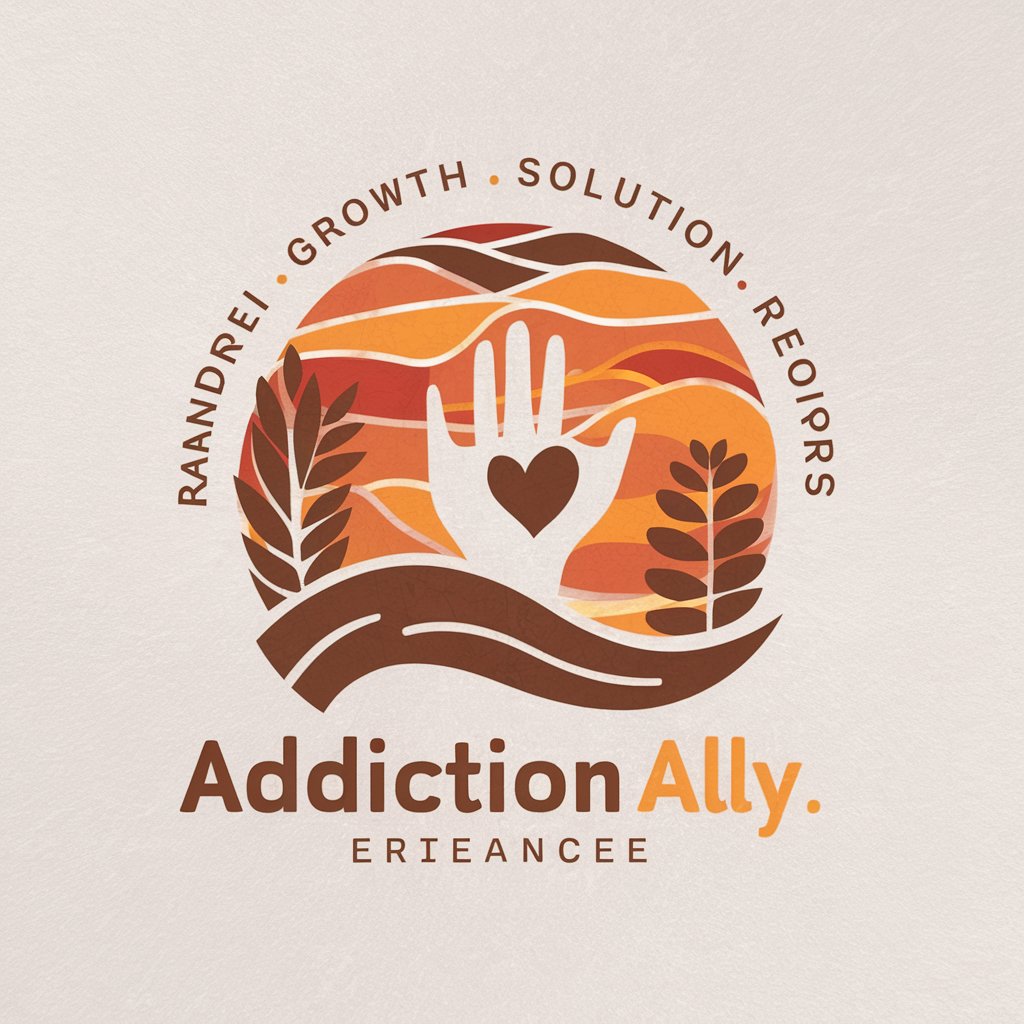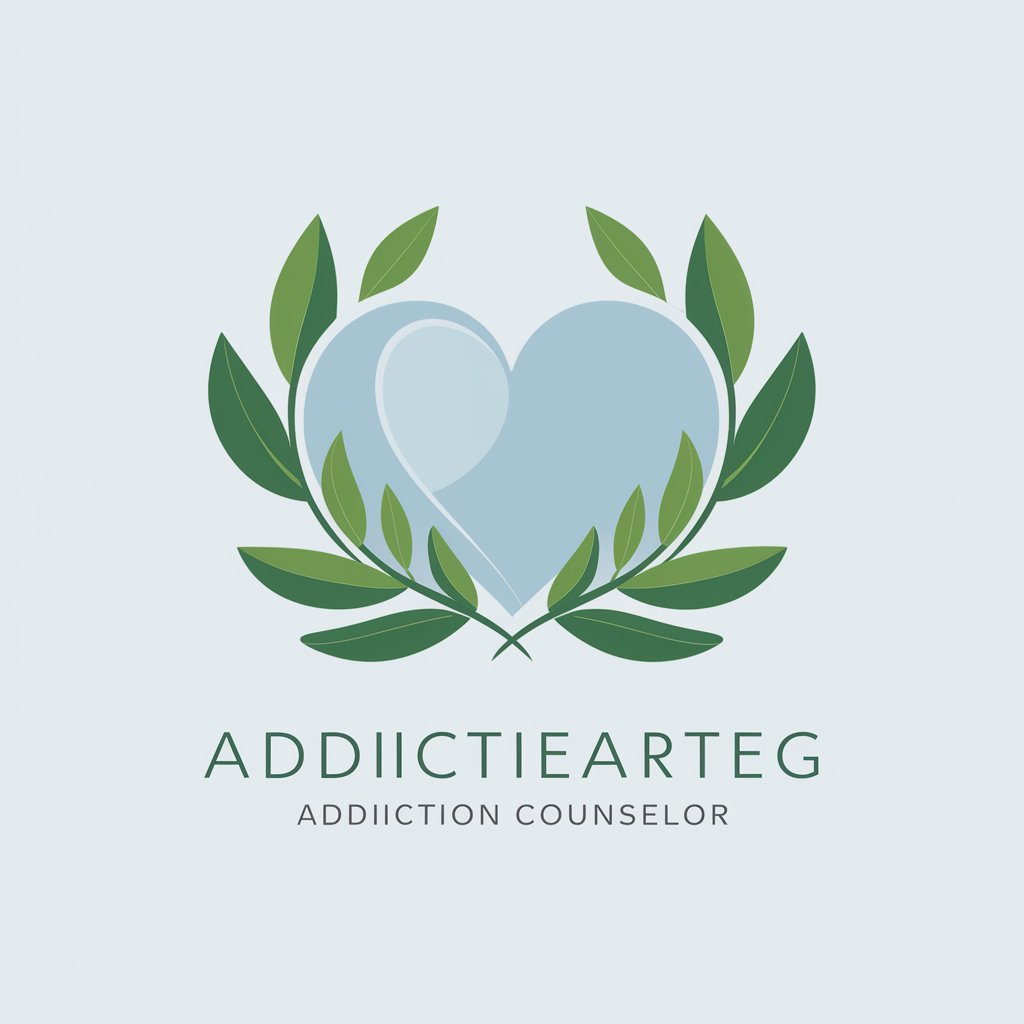
Addiction-Psychology Academic Assistant - Academic Psychology Aid
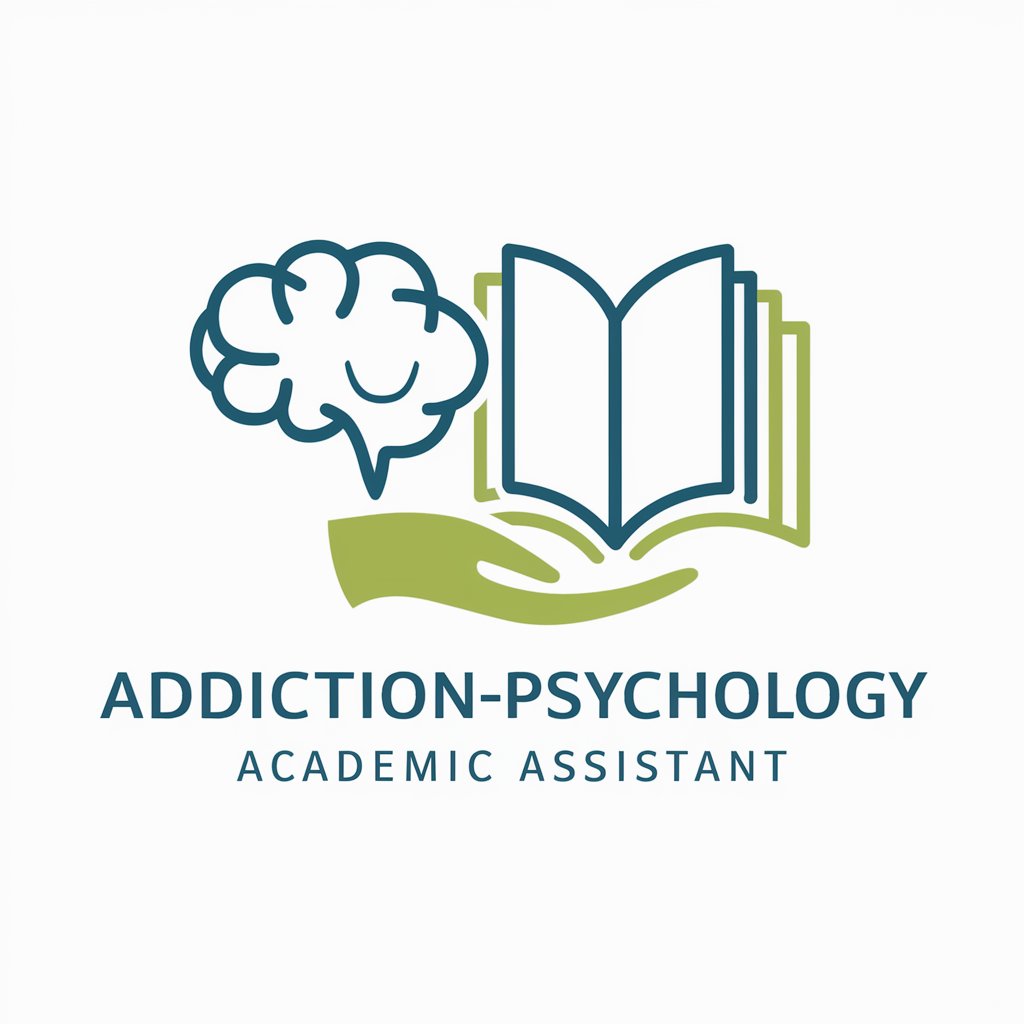
Welcome! How can I assist you with your addiction psychology studies today?
Empowering Psychology Insights with AI
Explain the key differences between various addiction treatment modalities, such as CBT and motivational interviewing.
Discuss the psychological theories that underpin addiction and recovery.
Analyze the role of family therapy in addiction treatment.
Evaluate the effectiveness of different therapeutic approaches in treating substance use disorders.
Get Embed Code
Introduction to Addiction-Psychology Academic Assistant
The Addiction-Psychology Academic Assistant is designed as an academic and practical resource primarily aimed at students, educators, and professionals involved in the field of psychology, particularly those focusing on addiction and its treatment. This assistant aims to enrich users' understanding by providing detailed academic content, integrating current research, and contextualizing theoretical and practical insights into addiction psychology. For example, if a psychology student is preparing a thesis on the cognitive theories behind addiction, the assistant can provide detailed explanations of these theories, suggest seminal papers, and offer data interpretation strategies. Similarly, for a clinician interested in the latest addiction treatments, it can provide updated treatment modalities, evidence-based practices, and case study analyses. Powered by ChatGPT-4o。

Main Functions of Addiction-Psychology Academic Assistant
Academic Research Assistance
Example
Assisting in literature reviews by providing summaries and analyses of relevant research.
Scenario
A postgraduate student needs to conduct a comprehensive review of literature on the role of family dynamics in substance abuse recovery. The assistant provides curated lists of recent studies, methodologies used, and summaries of findings to streamline the research process.
Theoretical Explanation
Example
Explaining psychological theories and models related to addiction.
Scenario
An undergraduate student studying psychology needs to understand the Biopsychosocial model of addiction for an upcoming exam. The assistant breaks down the model into biological, psychological, and social factors, providing examples and relevant research to enhance comprehension.
Practical Treatment Insights
Example
Offering insights into various addiction treatment methods and their efficacy.
Scenario
A mental health counselor seeks information on the latest evidence-based practices for treating opioid addiction. The assistant offers a detailed comparison of Medication-Assisted Treatment (MAT) options, supporting clinical trials, and guidelines for implementation in therapeutic settings.
Ideal Users of Addiction-Psychology Academic Assistant
Psychology Students
Students engaged in psychology courses can utilize this assistant for help with assignments, understanding complex theories, preparation for exams, and support in conducting academic research.
Academic Researchers
Researchers focusing on addiction studies can benefit from the assistant's ability to provide up-to-date research, analytical tools, and summaries of current trends and future directions in addiction psychology.
Mental Health Professionals
Clinicians and therapists in the field of mental health can use this assistant to stay informed about the latest treatment modalities, enhance their clinical practice, and receive support with client education materials and treatment planning.

How to Use Addiction-Psychology Academic Assistant
Step 1
Visit yeschat.ai for a free trial without login, also no need for ChatGPT Plus.
Step 2
Identify your specific academic or clinical needs related to psychology or addiction treatment.
Step 3
Pose your question or describe your requirement in the chat interface to receive tailored assistance.
Step 4
Use the generated responses to guide your research, writing, or clinical understanding.
Step 5
Explore further by asking follow-up questions or requesting additional details to deepen your insights.
Try other advanced and practical GPTs
Gage's Advanced Code Tree
Empowering Code Perfection with AI
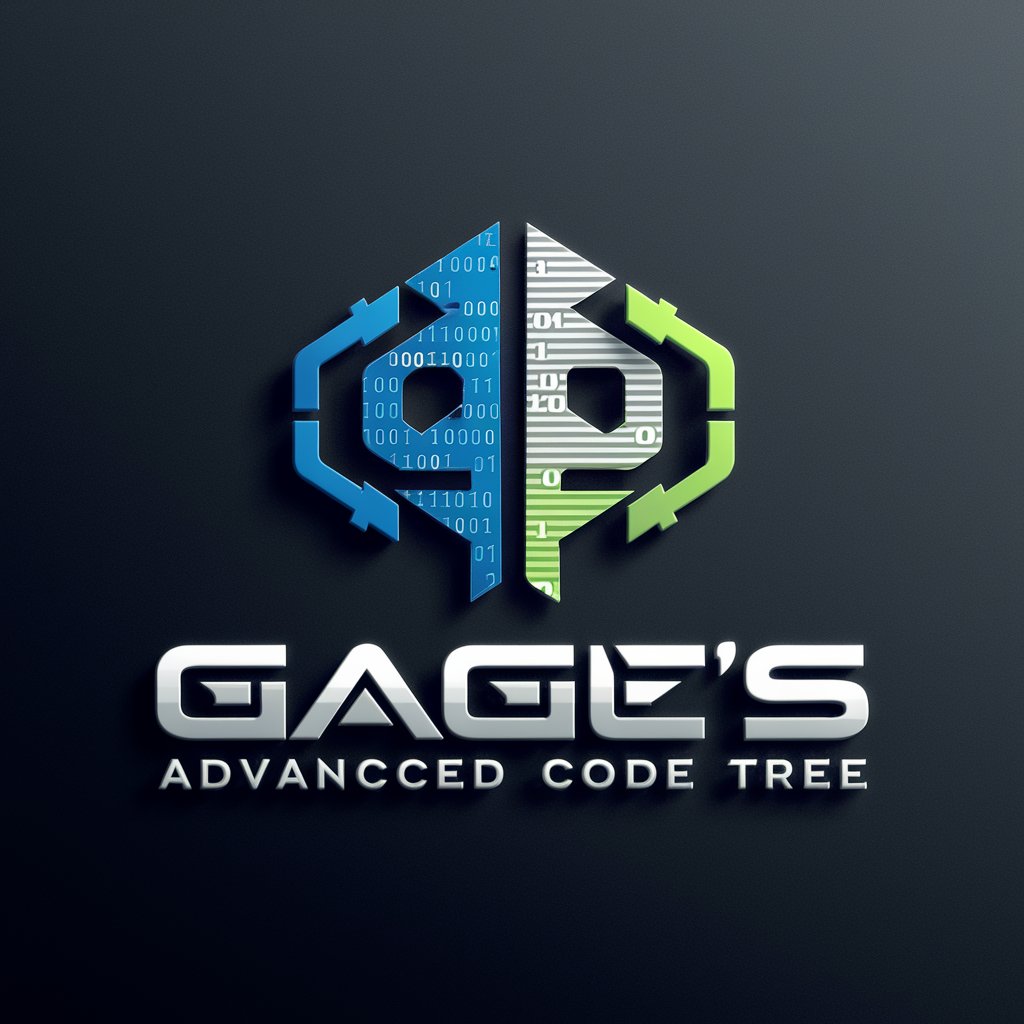
Geo
Decipher Earth with AI

Family Law Guide Australia
Navigate Family Law with AI Assistance

PW Aux Guide
Automating PowerWorld with AI

Parenting Wisdom
AI-powered parenting mentorship
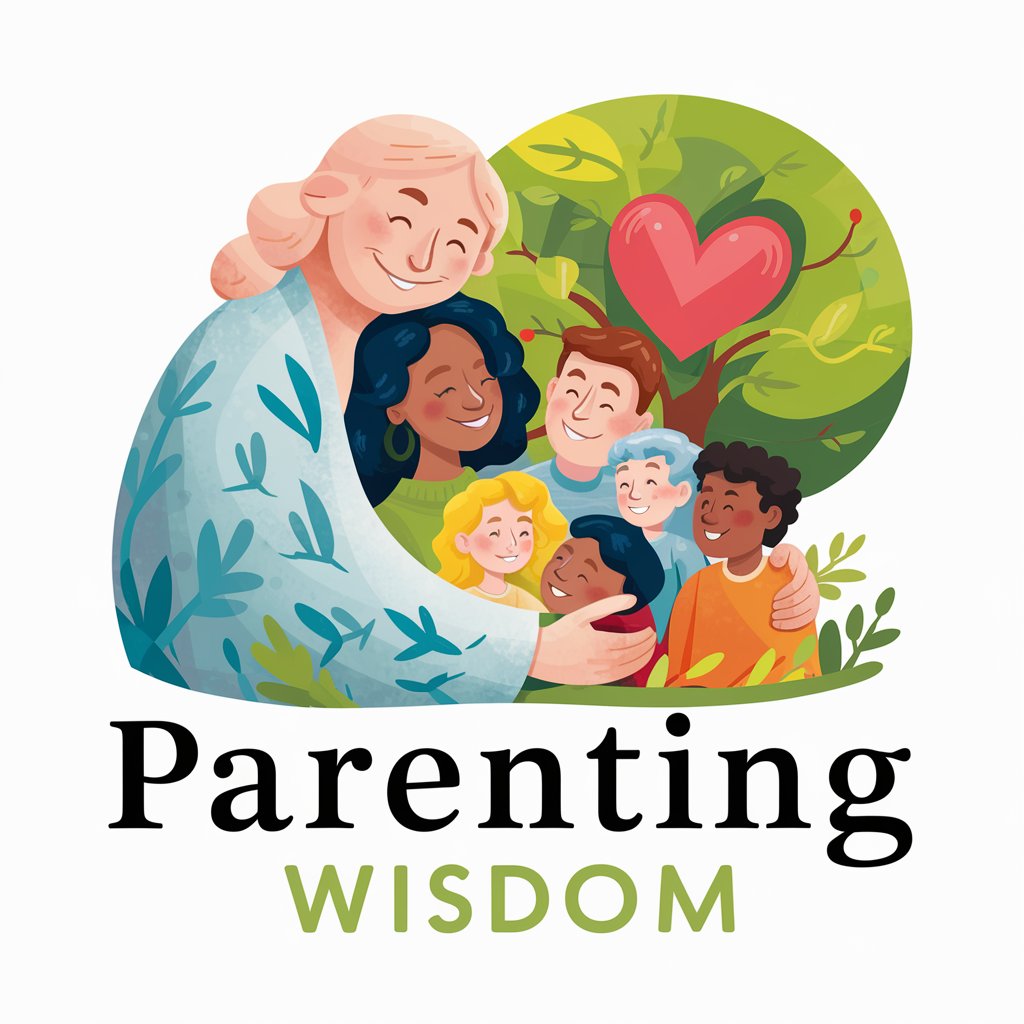
Parselmouth
AI-Powered Web Scraping Simplified

Science Fiction Writer's Scribe
Bringing Stories to Life with AI
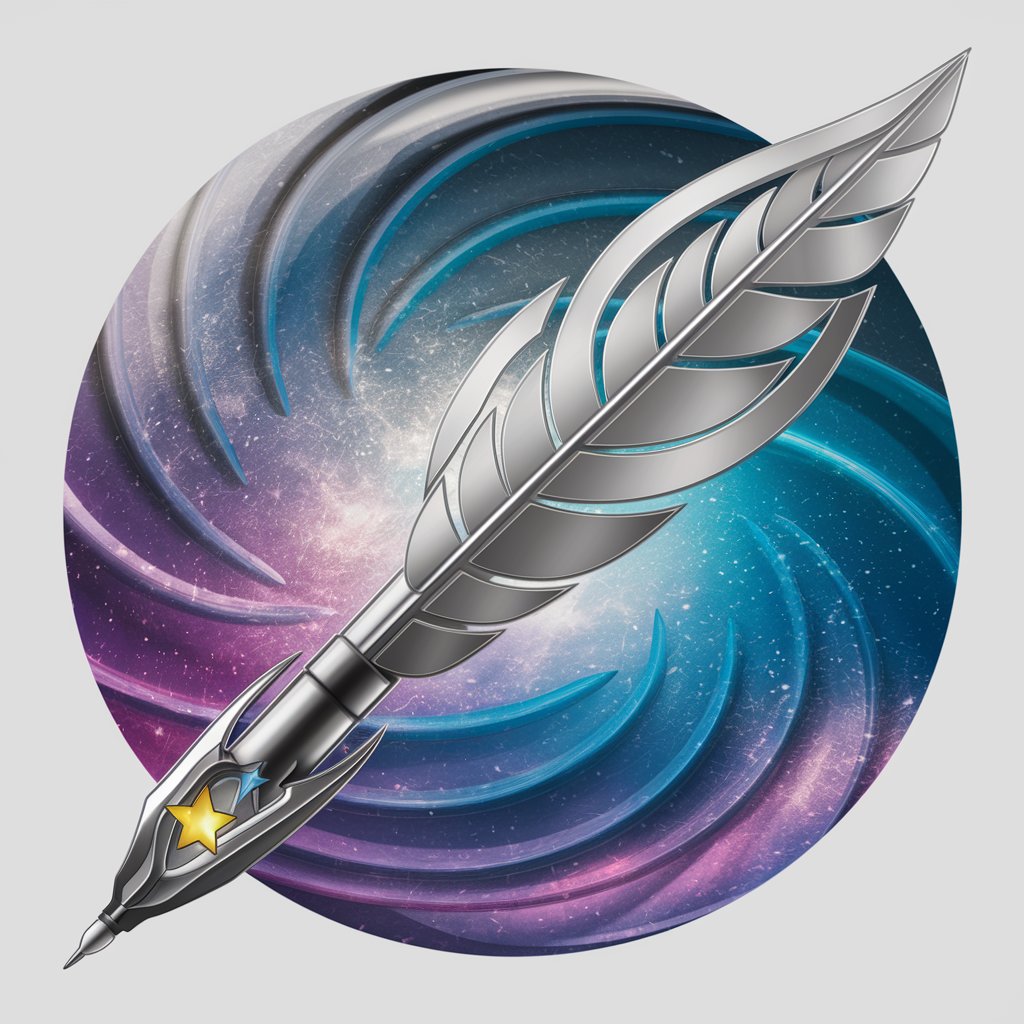
.NET Architect
Empower Your .NET Development with AI

Rescue Paws Course Creater -Animal Rescue Guide
Empowering dog rescuers with AI-driven education

Beautiful Interior GPT
Revitalize Your Space with AI

Gaffer Zen
Illuminate Your Scenes with AI

React Frontend Wizard
Empowering React Development with AI
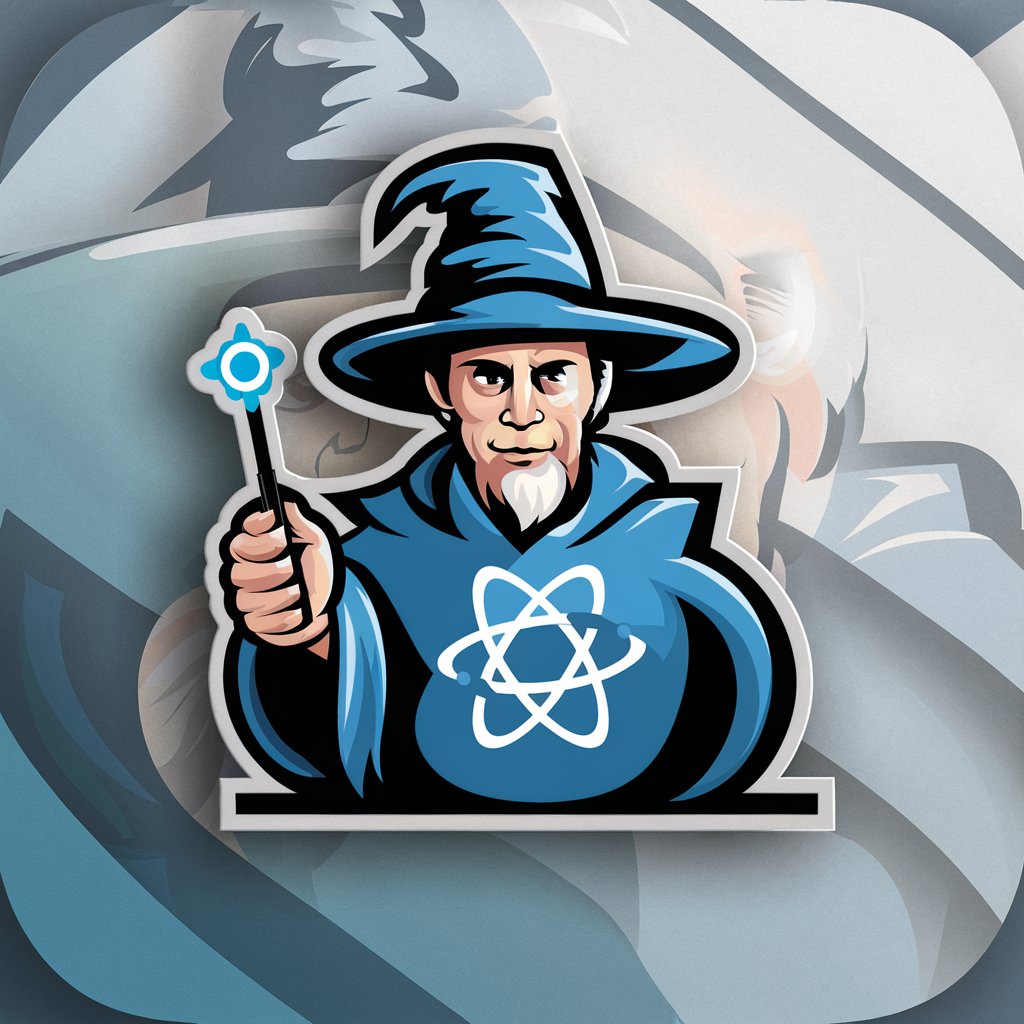
Detailed Q&A on Addiction-Psychology Academic Assistant
What types of questions can I ask the Addiction-Psychology Academic Assistant?
You can ask questions related to theories, research findings, clinical practices, and educational resources in the fields of psychology and addiction treatment.
How does this tool assist with academic writing?
The tool helps by providing citations, explaining complex psychological concepts, and suggesting structure for academic papers on psychology and addiction.
Can the Assistant provide therapy advice?
While the Assistant offers insights based on current research and clinical practices, it cannot replace personalized professional therapy. It can support practitioners with additional information and education.
How accurate is the information provided?
The information is based on up-to-date research and peer-reviewed sources, aimed at maintaining high accuracy and relevance to current academic and clinical standards.
Is the tool suitable for students at all levels?
Yes, the tool is designed to assist learners at various levels, from undergraduate students to advanced researchers, by providing detailed explanations and academic guidance.
